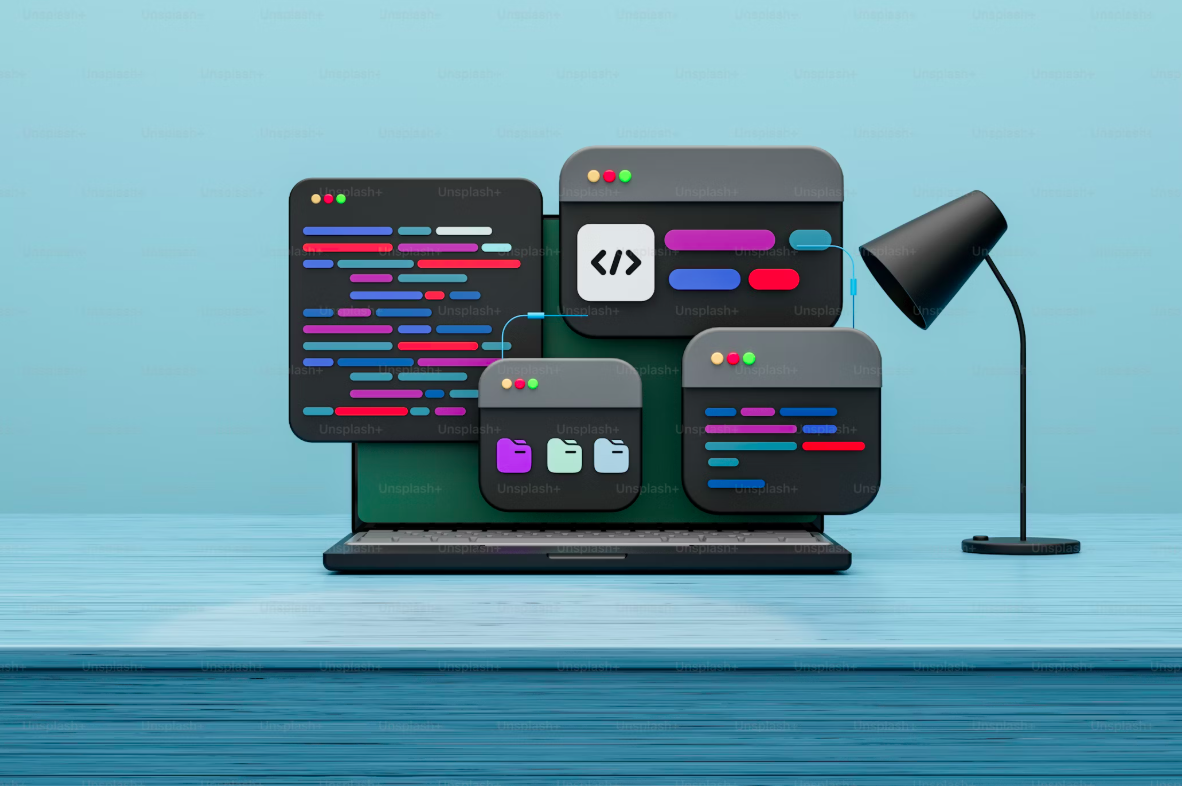Laravel is a powerful and popular web application framework that simplifies PHP development with its elegant syntax and robust features. It’s designed to help developers build custom web applications efficiently, offering a set of tools and built-in functionalities that make it easier to manage everything from routing to authentication. Laravel isn’t just a back-end framework; it also provides tools for front-end tasks, though it shines most in handling back-end development.
Why Developers Love Laravel: The Pros
If you’re considering Laravel for your project, here are some of the key reasons why it might be the right choice:
- Simple, Elegant Syntax
Laravel makes coding much easier. Thanks to its intuitive syntax and extensive built-in libraries, you don’t have to reinvent the wheel with every project. Many common tasks (like authentication, routing, and session management) are pre-configured, so you can focus on building features without starting from scratch. - Scalable & Flexible
Whether you’re building a small blog or a large-scale enterprise application, Laravel scales well to suit your needs. It handles small to medium-sized projects effortlessly, and even large projects can be built without too much hassle. - Security
Security is a priority in Laravel. It comes with built-in features like password encryption, secure authentication, and protection against common web threats like SQL injection, cross-site request forgery (CSRF), and cross-site scripting (XSS). Laravel makes it easier to build secure web apps right from the start. - Efficient Data Migration
Migrating databases in Laravel is straightforward. With Laravel’s migration system, you can move data between databases or change schema with minimal effort, reducing development time and avoiding the risks of manual data updates. - Easy to Learn and Use
Laravel is known for being beginner-friendly. With clear documentation, screencasts, and an active community, learning how to use Laravel is a smoother experience than with many other frameworks. Even developers new to PHP can quickly get up to speed.
What’s Holding Laravel Back: The Cons
Even with all its advantages, there are a few downsides to consider before choosing Laravel for your project:
- Lightweight but Limited
While Laravel offers plenty of built-in features, it’s still a bit lighter than other frameworks like Symfony, which may come with more out-of-the-box functionalities. This means for large, complex projects, you might need to write more custom code or integrate additional libraries. - Higher Development Costs
Laravel isn’t the cheapest framework to work with. Developers with extensive experience in Laravel may charge higher rates, and the overall cost of development could be higher compared to other, simpler frameworks. - Limited Official Support
Unlike more widely adopted platforms, Laravel doesn’t have the same level of enterprise-level support or dedicated customer service. While there’s a large community of developers, direct support may not always be immediately available when you encounter issues. - Frequent Updates Can Cause Compatibility Issues
Laravel receives frequent updates, which is great for staying current with security and features, but it can sometimes cause problems with backward compatibility. Developers may face challenges when upgrading to new versions, as older code can break or require adjustments. - Slower Performance
While Laravel is fantastic for rapid development and has a lot of built-in tools, it’s not the fastest framework out there in terms of raw performance. Depending on your project requirements, this might become a limiting factor, especially if you’re building a high-performance, resource-intensive application.

Leave a Reply